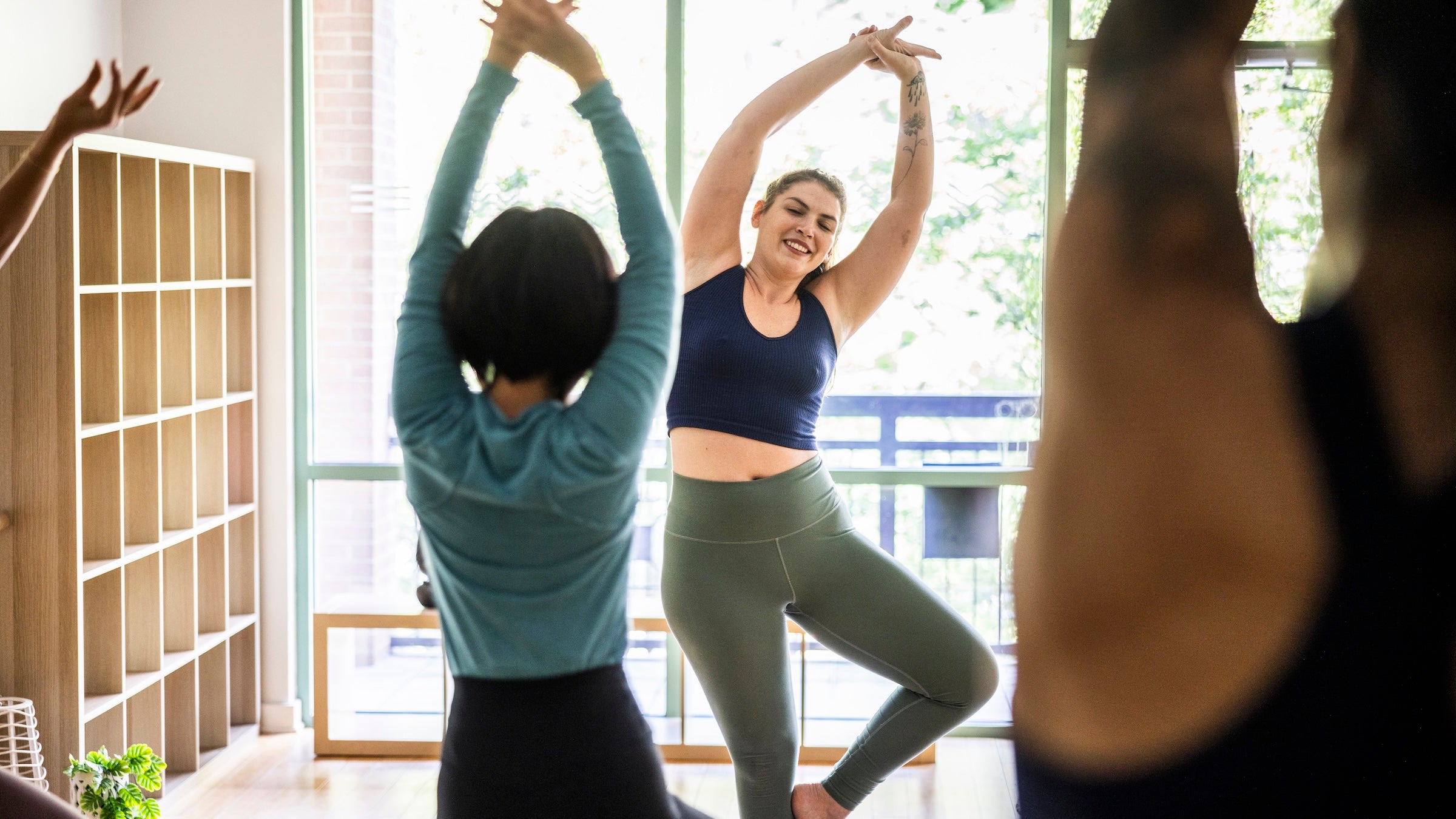
"I've been teaching yoga for more than eight years, and practicing for many more. I teach strong, fast-paced formats as well as restorative ones. My classes are consistently full, and I know my students leave feeling stronger, challenged, and centered. But after a recent yoga teaching evaluation at a chain yoga studio, I walked out feeling the opposite: not strong, not capable, not enough."
"For me, this experience immediately activated my imposter syndrome. Even as an experienced teacher, I left that yoga teaching evaluation questioning myself. And I know I'm not alone. I've spoked to many teachers who admit to feeling the same: pressured to perform, measured by numbers, and asked to fit into a mold that leaves little space for individuality or authenticity."
A yoga teacher with more than eight years of teaching experience leads both strong, fast-paced and restorative classes and observes students leaving stronger, challenged, and centered. A recent evaluation at a chain studio labeled the teacher as "too sweet," criticized energy levels, and suggested the voice suited gentler formats. The evaluative setting, with constant observation and timing, caused stumbling during class and triggered imposter syndrome and self-doubt despite prior success. Many other teachers report similar pressure to perform, measurement by numbers, and pressure to fit a narrow mold. Yoga benefits from instructors who prioritize humanity, connection, and presence over rigid performance expectations.
Read at Yoga Journal
Unable to calculate read time
Collection
[
|
...
]